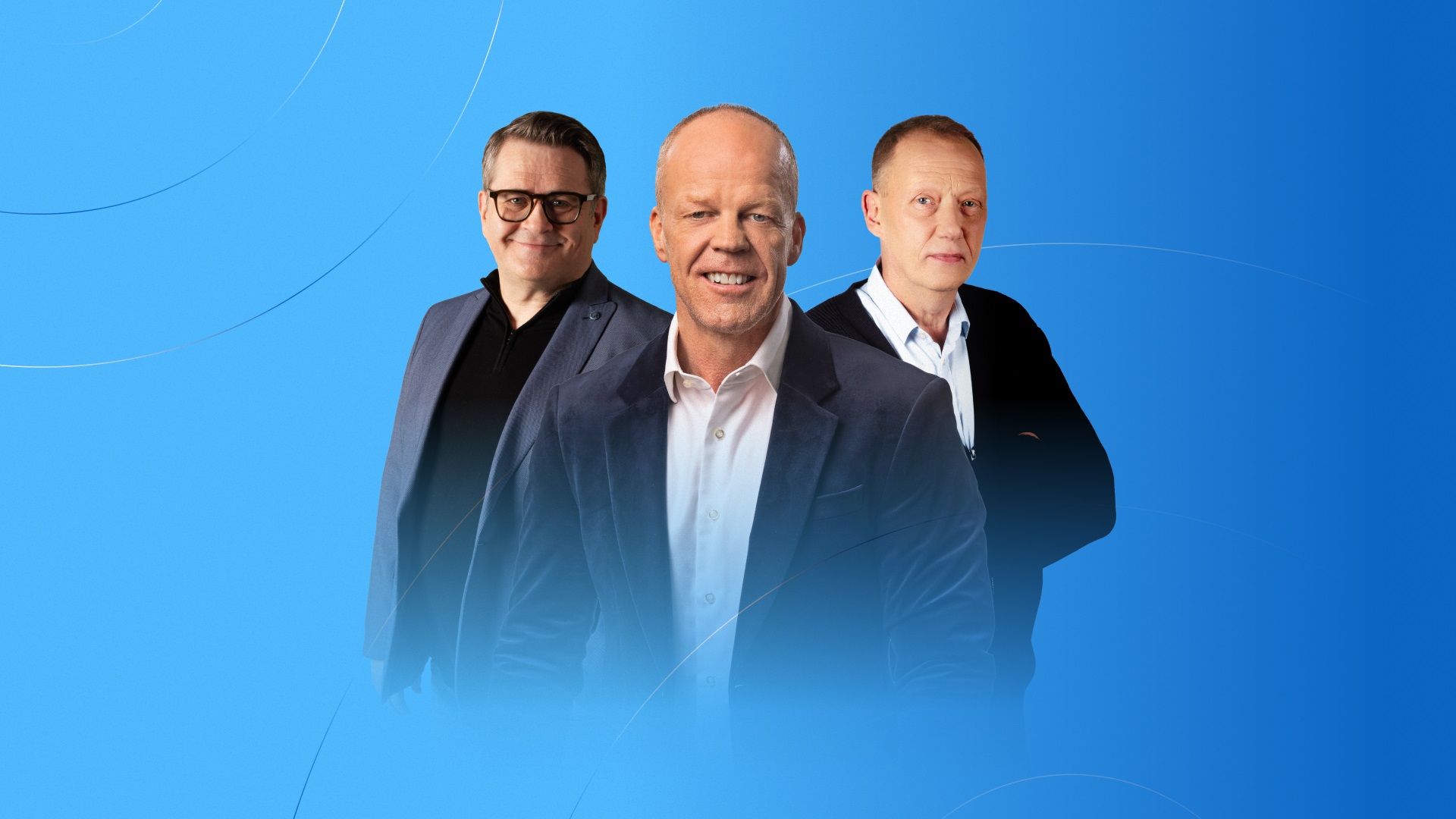
Innlent
Erlent
Veður
Hádegisfréttir
Kvöldfréttir
Kosningar 2026
Stjórnmál
Epstein-skjölin
Lögreglumál
Dómsmál
Andlát
Kompás
Senda fréttaskot
Innlent
Erlent
Atvinnulíf
Neytendur
Seðlabankinn
Kauphöllin
Vistaskipti
Veitingastaðir
Fjármálin með Birni Berg
Framúrskarandi fyrirtæki
Samstarf
Fréttir af flugi
Fasteignamarkaður
Ferðaþjónusta
Staðan í deildum
Enski boltinn
Vetrarólympíuleikar 2026
Fótbolti
Bónus karla
Bónus kvenna
Olís karla
Olís kvenna
Besta karla
Besta kvenna
Körfubolti
Handbolti
NFL
Íslenski boltinn
Meistaradeildin
Golf





